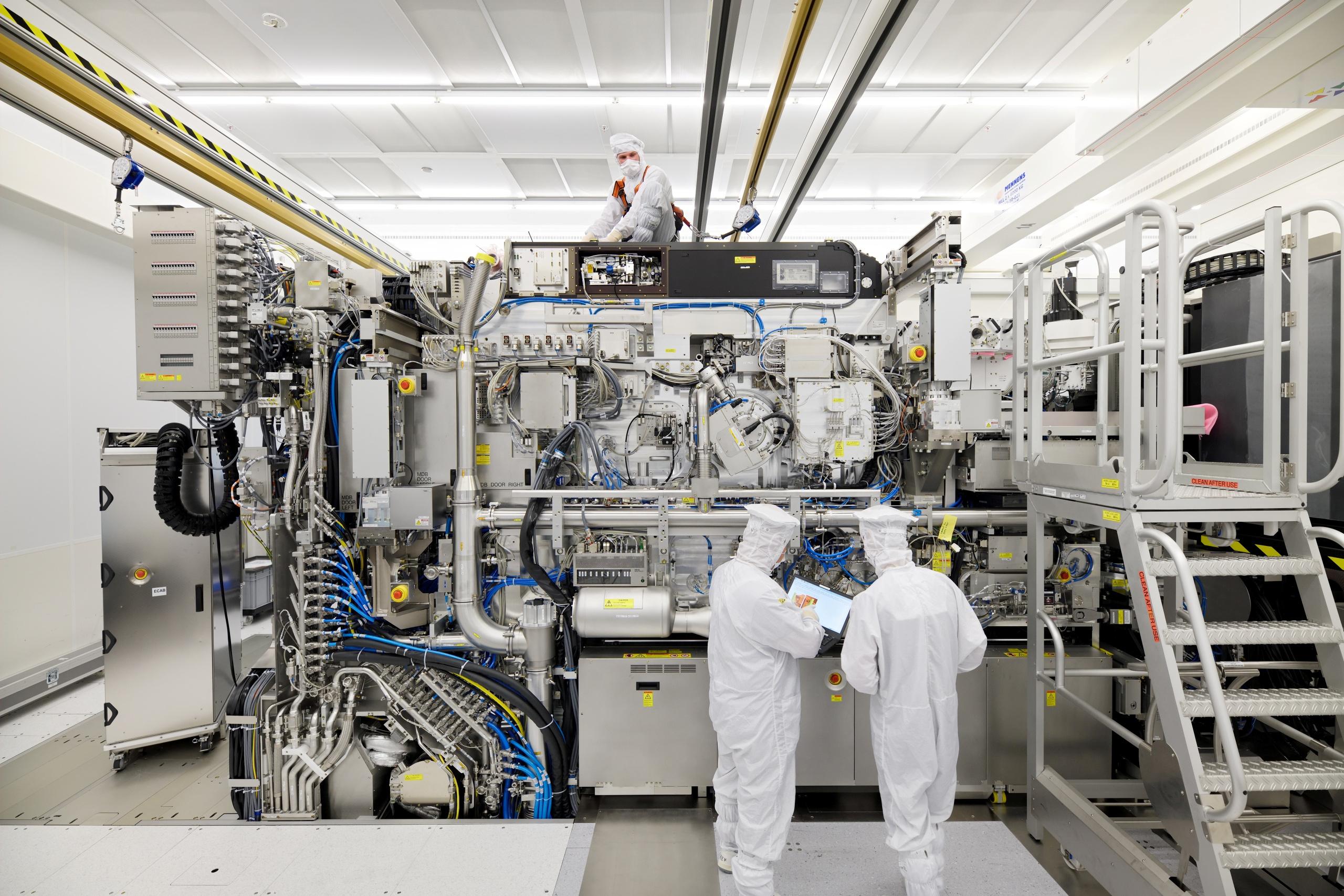US ‘Pressured’ Netherlands To Block China Chip Equipment Sale

US officials mounted an ‘extensive campaign’ to pressure the Netherlands to block ASML from selling chip lithography equipment to China, report claims
The Netherlands’ decision to effectively block the sale of high-end chip manufacturing equipment to a Chinese company may have been influenced by pressure from the United States, according to a report.
Senior US officials mounted an “extensive campaign” to persuade the Dutch government to block the sale, Reuters reported, citing unnamed sources.
US secretary of state Mike Pompeo personally met with Dutch prime minister Mark Rutte over the issue and the US government reportedly shared classified documents with Dutch officials in order to help build their case.
The Dutch government had earlier granted a licence to Dutch chip equipment manufacturing giant ASML to sell a top-end system to an undisclosed Chinese customer, but later decided not to renew the licence.

Sovereignty
The Netherlands foreign ministry said it has sovereign discretion to grand licences of dual-use technology – technology with both civilian and military purposes – but said it does not comment on specific cases.
The Chinese customer has never been named, but Nikkei Asian Review said last year it was Semiconductor Manufacturing International Corp. (SMIC), China’s largest computer chip maker, that placed the order with ASML in April of 2018.
The Netherlands initially granted an export licence for ASML to go ahead with the sale, involving the Dutch company’s extreme ultraviolet lithography (EUV) tool, necessary for manufacturing the most advanced microchips.
Pompeo reportedly met with Rutte over the sale in June of last year, after which US officials shared a classified report with Rutte during his visit to the White House on 18 July, 2018.
Security interests
ASML’s export licence expired unused shortly afterward, on 30 June, 2018, and the Dutch government has yet to renew it, Reuters said.
During his visit to the Hague in June Pompeo said the US asked allies not to “do anything that would endanger our shared security interest”, without specifically mentioning chip equipment.
The US has ramped up its efforts to bar China from accessing high-end technology in recent years, going so far as to add telecoms company Huawei and surveillance vendor Hikvision to a national security blacklist that restricts sales of US equipment to those companies.
Current US regulations also allow the US to require a licence for products from other countries whose value is provided by more than 25 percent of US-made parts.
The ASML lithography equpment does not meet that 25 percent threshhold.